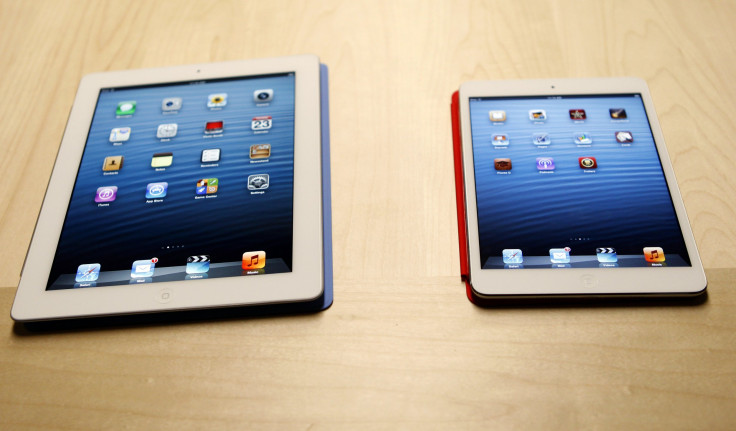Parental Control Software Market Worth $1 Billion in 2013, To Double By 2018

Parental control software and other filtering technology, designed mostly to protect children, catered to a market worth $1 billion in 2013 alone, according to a Friday report http://www.abiresearch.com/press/parental-control-software-and-filtering-technologi from tech researcher ABI Research.
Now it is chiefly parents who are spending on such technologies, but in coming years schools, public libraries, and telecommunications operators will strengthen demand in this lucrative market, said the firm.
The advent of smartphones and tablets have added to the ways children can access violent or inappropriate material. Cyber bullying, giving away personal data, and privacy violations are other concerns parents see.
Western Europe and North America are the two largest regions thus far hankering for this technology, ABI senior analyst Michela Menting told the International Business Times.
“With a lot of smart devices, and parents buying tablets for their children in the past two to three years, there’s certainly been a growing concern,” she said. “A PC is one thing, but a mobile device is often outside the view of the parent in the home.”
“There’s definitely a lot of renewed interest,” she said.
It’s the first such study by ABI, so there isn’t readily comparable data for previous years.
The 2013 study found that active solutions and passive solutions command a roughly equal share of the market. Active solutions include blocking, blacklisting, and time restriction software, while passive solutions are more akin to surveillance technologies, which track browsing activity, sometimes unseen.
The technologies are not always effective, noted Menting.
“There’s a big gap between current generations of parents and children, between what the parents know and what the children know,” she said. “A lot of parents are using solutions that the children are finding it easy to circumvent.”
In the United Kingdom, Prime Minister David Cameron has called for Internet users to actively opt in if they want to access pornography, in a move some fear could lead to unnecessary censorship.
The $1 billion market is forecast to double to $2 billion by 2018, said Menting.
© Copyright IBTimes 2024. All rights reserved.












